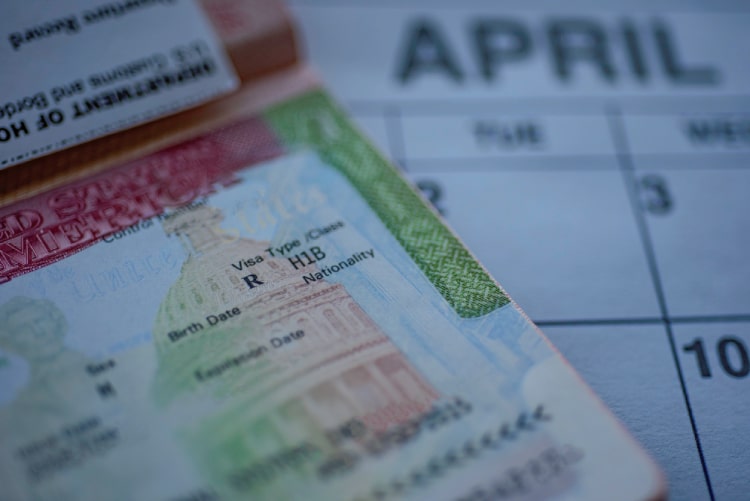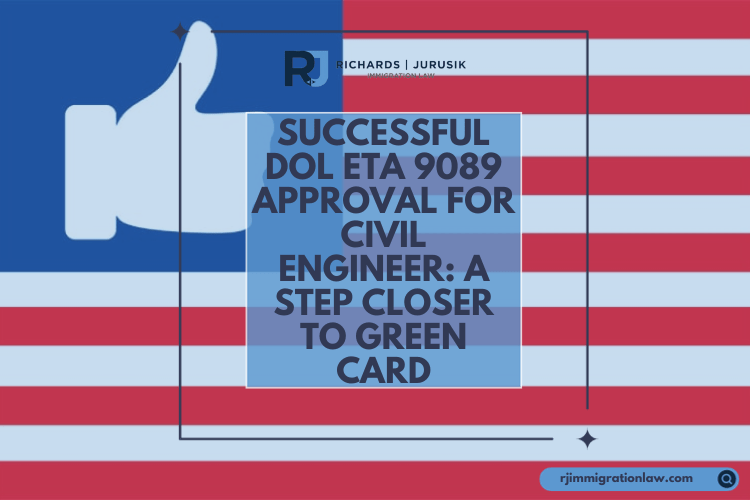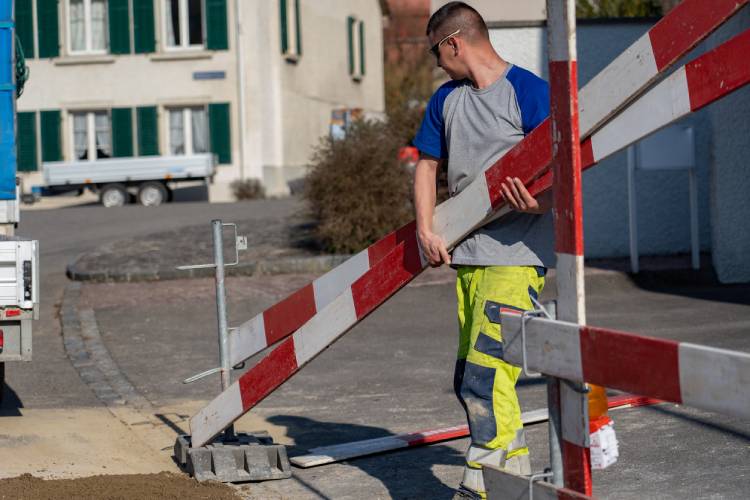The H-1B visa, a popular choice for professionals with specialized degrees, traditionally caps the maximum stay at six years. However, an often-overlooked feature known as “recapture time” allows visa holders to extend this duration by accounting for days spent outside the U.S. We discuss the process of recapturing time for an H1B visa here.
Explanation of H-1B Visa Duration
The standard H-1B visa starts with an initial three-year period, which can be renewed for an additional three years, reaching the typical six-year limit. The recapture time provision is crucial for those who travel internationally during their H-1B tenure as it allows for the extension of the visa beyond the six-year cap by reclaiming time spent outside the United States.
H1B Visa Recapture Time
Recapture time refers to the process of reclaiming days during which an H-1B visa holder was outside the U.S. for more than 24 hours. These days are not counted towards the six-year visa limit, effectively extending the time you can legally work and reside in the U.S. under H-1B status.
Documenting Recapture Time
Accurate documentation is key to utilizing recapture time. You should maintain a detailed record of all travels outside the U.S., including:
- Dates of Travel: Note the departure and return dates for each trip.
- Duration: Calculate the total days spent outside the U.S. for each trip.
- Evidence: Gather documentary evidence such as passport stamps, boarding passes, and Form I-94 records.
This documentation will support your application for recapture time when you seek to extend your H-1B visa.
Presentation to USCIS
When applying for an extension of your H-1B visa, include a chart that lists all periods of absence from the U.S., along with the total days you wish to recapture. Each entry should be backed by the corresponding evidence. This will help USCIS assess and approve the additional time you are eligible to recapture.
Consideration of Long Absences
If you have been outside the U.S. for a continuous period of one year or more, you can still recapture the time spent abroad before this long absence. It’s important to note that these extended absences do not preclude you from reclaiming eligible time toward your H-1B status, as long as you have not relinquished your visa status.
Strategic Use of Recapture Time
Proactively managing and documenting your international travels can significantly benefit your H-1B status, especially if you have frequent or lengthy trips outside the U.S. Planning with an understanding of the recapture provision can maximize your allowable stay in the U.S., providing more flexibility in your professional and personal schedule.
Conclusion
For H-1B visa holders, leveraging recapture time can be a strategic tool to extend your stay legally in the United States. Ensure meticulous documentation and presentation of your travels to make the most of this benefit and potentially extend your H-1B visa beyond the standard six-year limit. This detailed approach will facilitate a smoother process when applying for visa extensions and maintaining legal status in the U.S.
Subscribe to Our Resources Blog
Schedule a Consultation with an Immigration Lawyer
Citations
We Can Help!
You may have questions regarding U.S. immigration laws and visas. We invite you to reach out to our team at Richards and Jurusik for detailed guidance and assistance. Our goal is to provide you with the most accurate and up-to-date information to make your immigration process smoother and less stressful. The immigration lawyers at Richards and Jurusik have decades of experience helping people to work and live in the United States. Read some of our hundreds of 5-star client reviews! Contact us today for an assessment of your legal situation.







